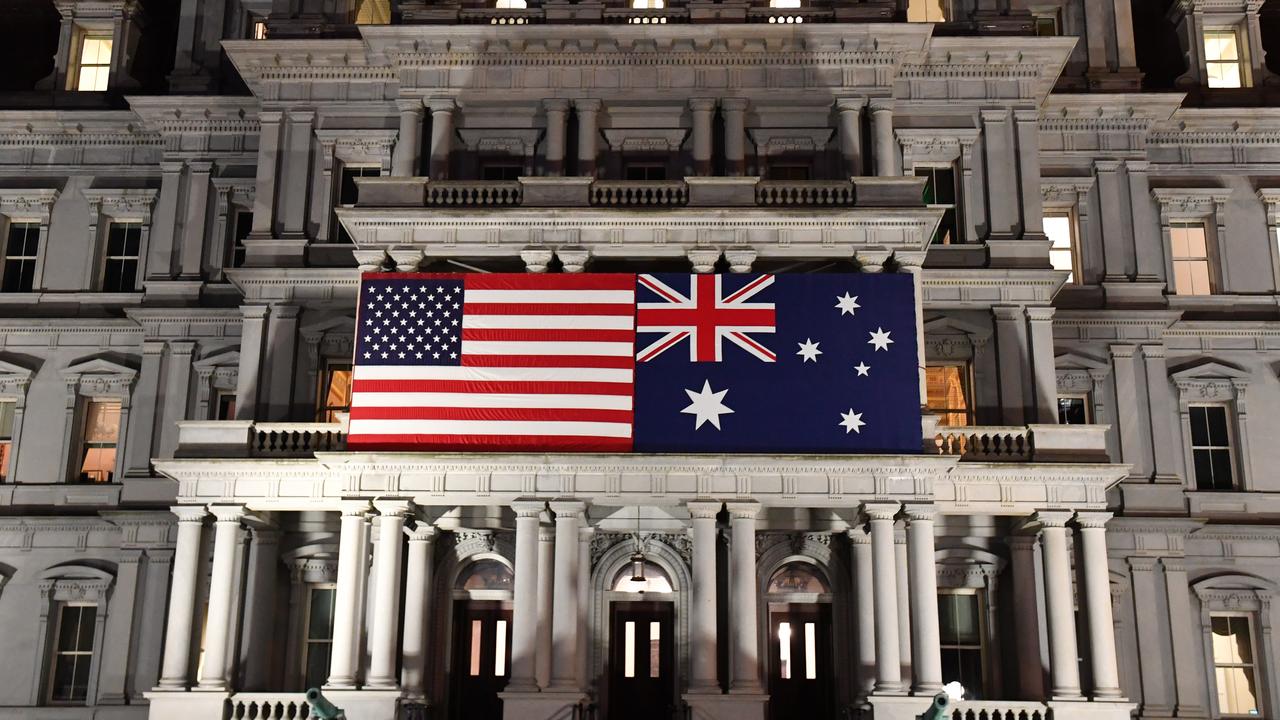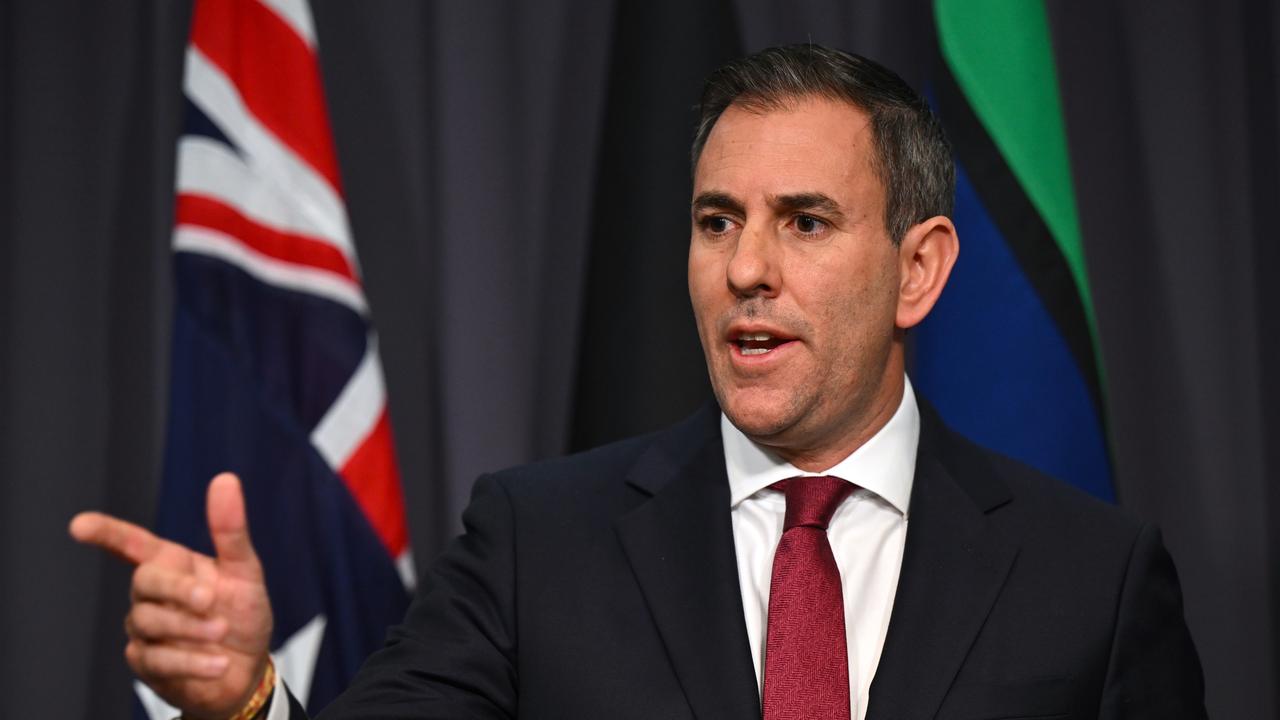
Donald Trump's proposal to impose triple-digit tariffs on one of Australia's biggest US exports has raised alarms, but many question whether he will ever follow through.
The US president has laid out plans to impose 200 per cent tariffs on drug imports in a year's time, threatening Australia's third-most significant export to America as he expands his trade war.
Mr Trump's proposal comes after lobbying by the powerful US pharmaceutical sector, which has long taken issue with Australia's drug subsidy scheme and wants the president to act.
His announcement could be seen as a way for the US to chip away at the Pharmaceutical Benefits Scheme in exchange for a trade deal.

But the lack of detail over Mr Trump's proposal has left many wondering what it will look like, according to pharmaceutical industry body Medicines Australia.
"It's quite alarming to hear these numbers, but we don't know what's going to actually happen," chief executive Elizabeth de Somer told AAP.
"The messaging coming out of the US administration is indicating an intention, but we've also seen those intentions change quite rapidly."
The US pharmaceutical industry had spent decades trying to improve its profits and these intentions played a major part in American policy, Australian National University international relations expert Wesley Widmaier said.
Following negotiations for an Australia-US Free Trade Agreement in 2004, for example, America secured a major concession that provided enhanced consultation in the PBS.
"It was always an American concern that American companies with patent rights - which give them a monopoly - get to enjoy that monopoly for as long as possible," Professor Widmaier told AAP.

"Trump is certainly bringing a bazooka to that kind of dynamic.
"But we shouldn't assume this is something outside the bounds of America's understanding of its national interest."
Prof Widmaier also harboured doubts over whether the 200 per cent tariff would materialise.
Even at the height of its tariff tit-for-tat with China, the US levies hit 145 per cent.
"Two-hundred per cent seems like it would be a de-facto embargo," he said.
Ms De Somer believes Medicines Australia's US counterparts do not support pharmaceutical tariffs.
They would instead prefer improvements to Australia's scheme, because it takes too long, has not kept pace with new technology and does not appropriately recognise and value the innovations made to support patients.
Treasurer Jim Chalmers maintained the PBS was "not something that we're willing to trade away or do deals on" as Australia continues tariff negotiations with the US.

Medicines Australia has supported the government's efforts to strengthen the scheme.
Mr Trump also revealed a 50 per cent tariff on copper imported to the US, but that poses little problem for Australia because the US accounts for less than one per cent of the nation's exports of the metal.
By comparison, Australia sent $2.1 billion worth of medicinal and pharmaceuticals to the US in 2024, Australia Bureau of Statistics figures show.
The president's remarks are the latest in a series of new trade measures, after he unveiled an increased 25 per cent tariff on items from Japan and Korea, which are Australia's second- and third-biggest export markets.
A number of countries have tried to strike trade deals with the US and Prime Minister Anthony Albanese has faced increasing pressure to schedule a face-to-face meeting with Mr Trump.
But it was unclear if that would work, University of Sydney associate professor David Smith said.
"Now we're in a situation where the US is trying to negotiate 100 trade deals at once - it's clearly beyond the capacity of American negotiators," he said.







